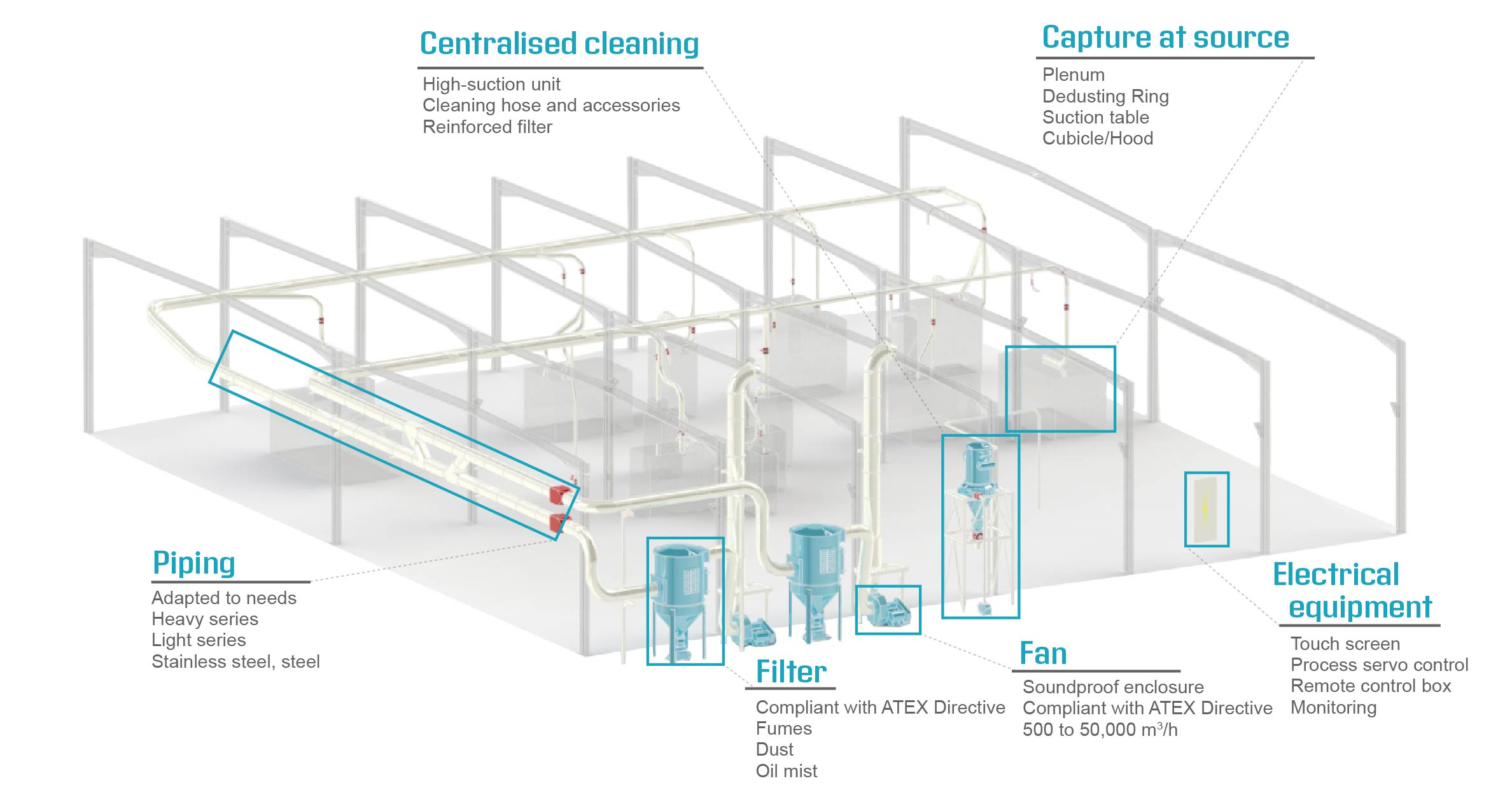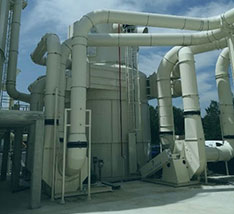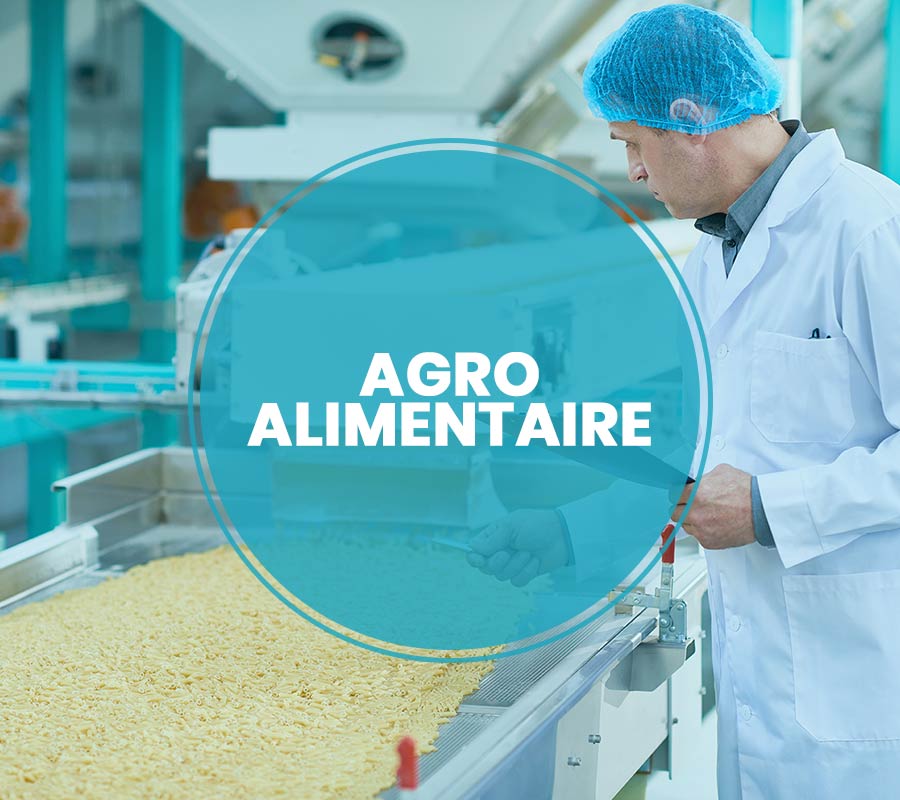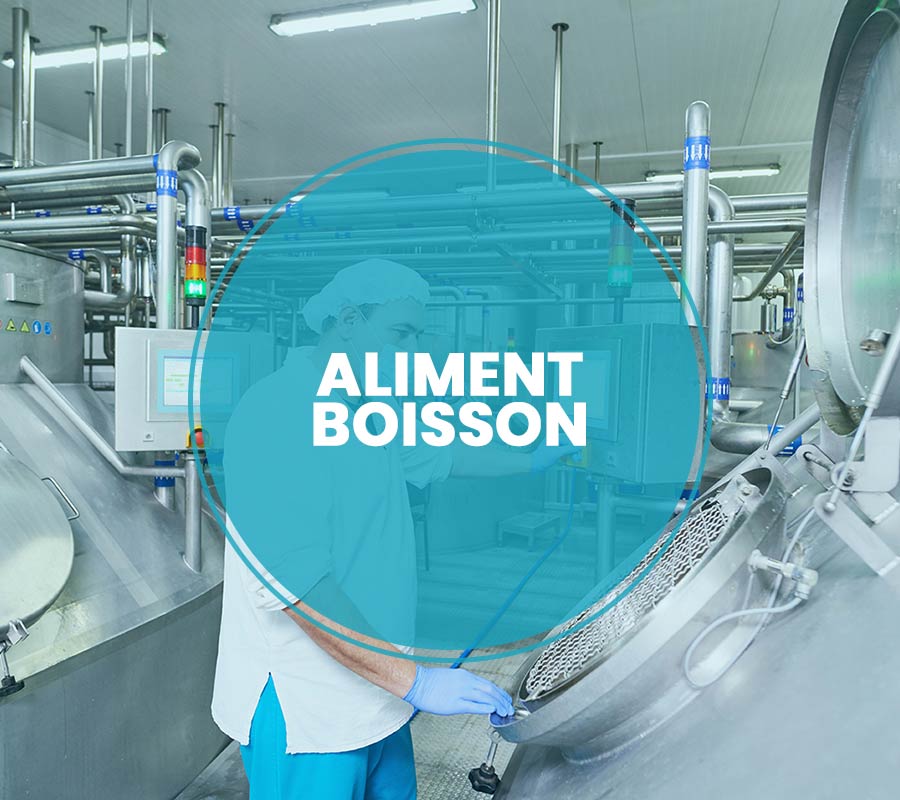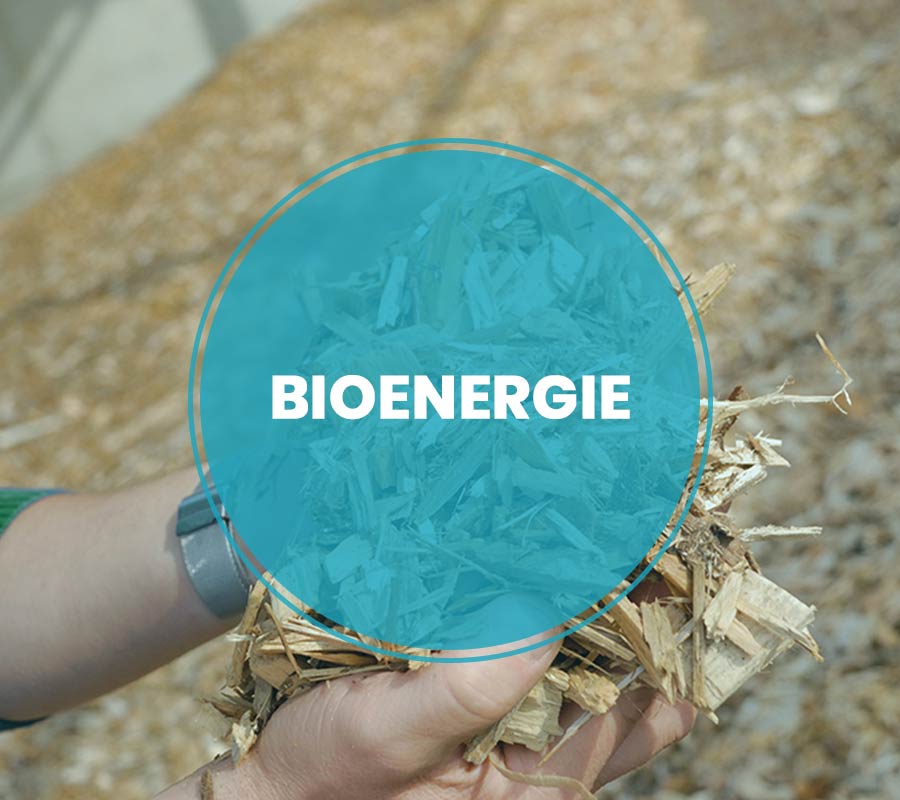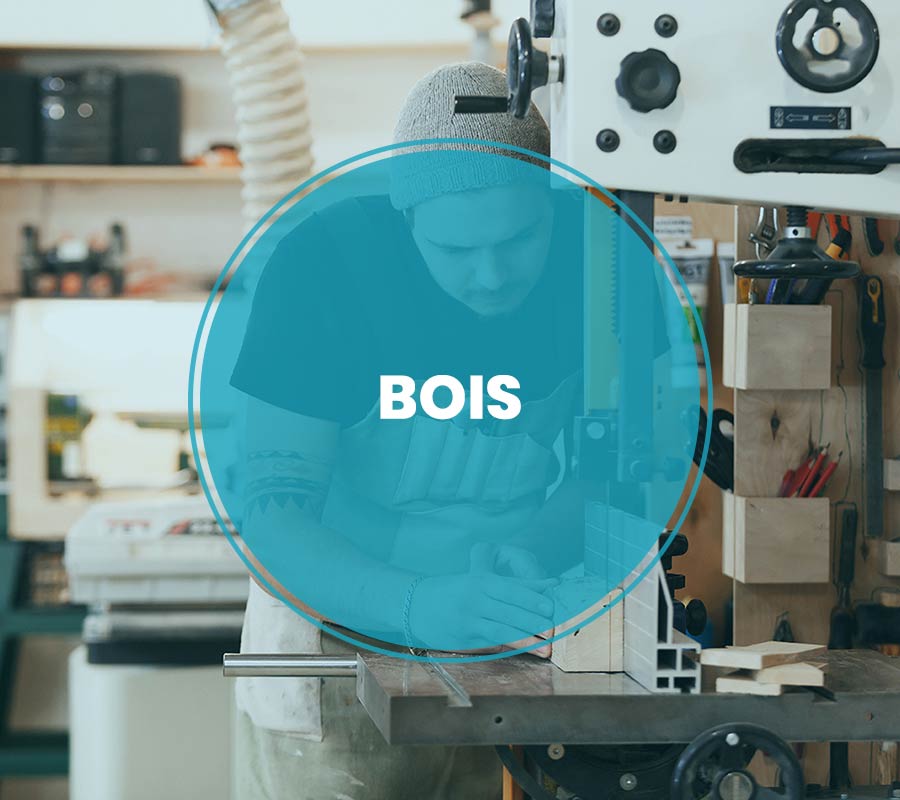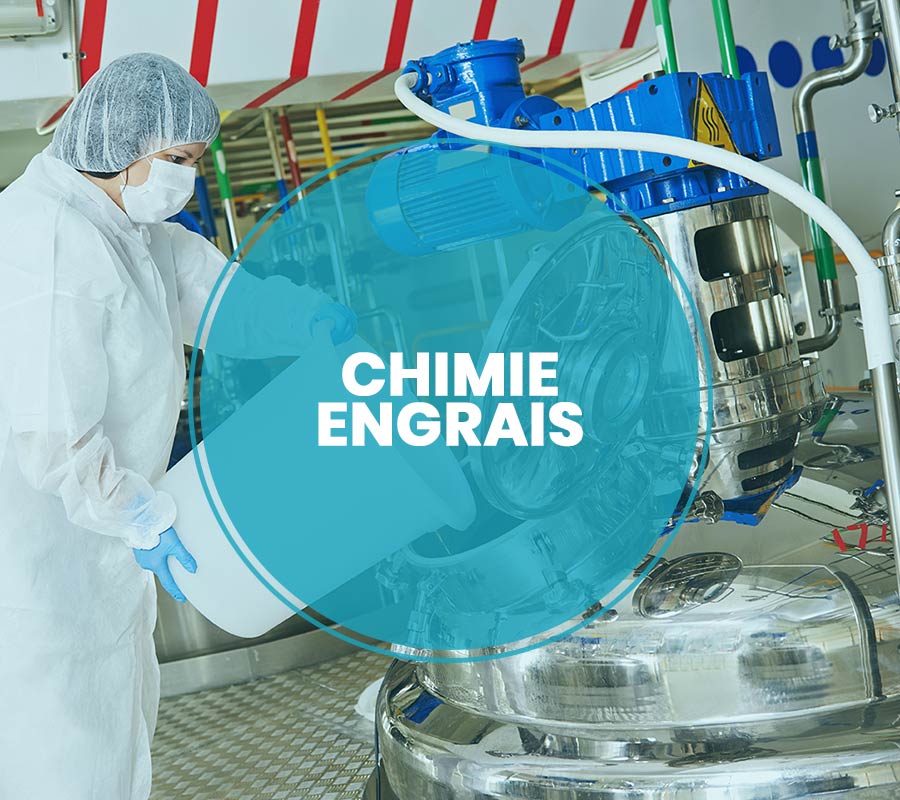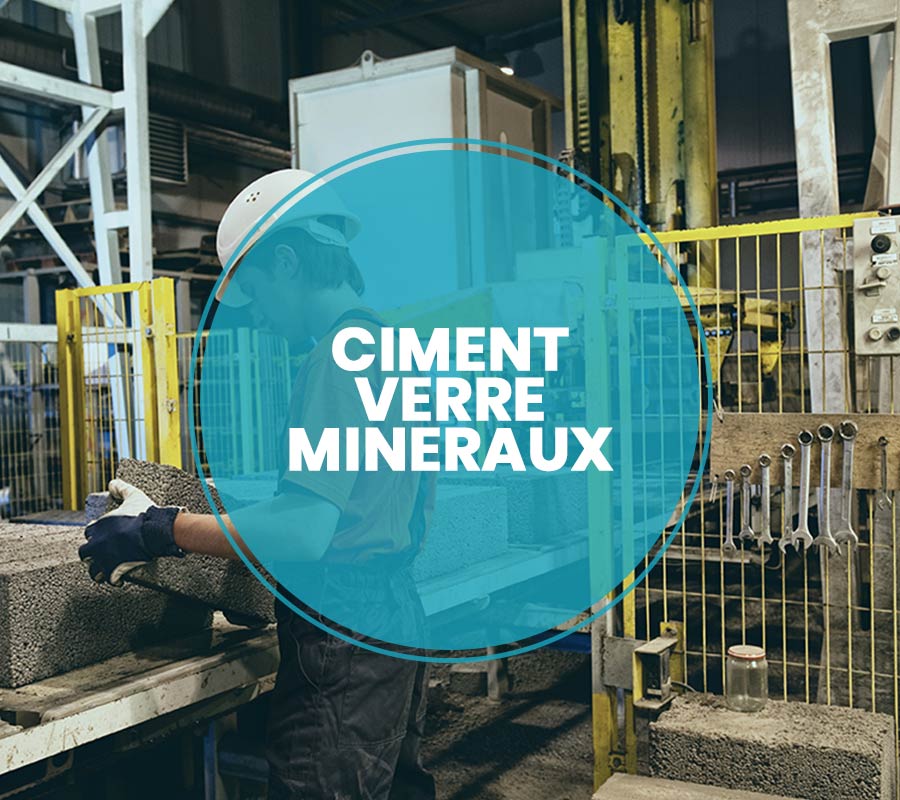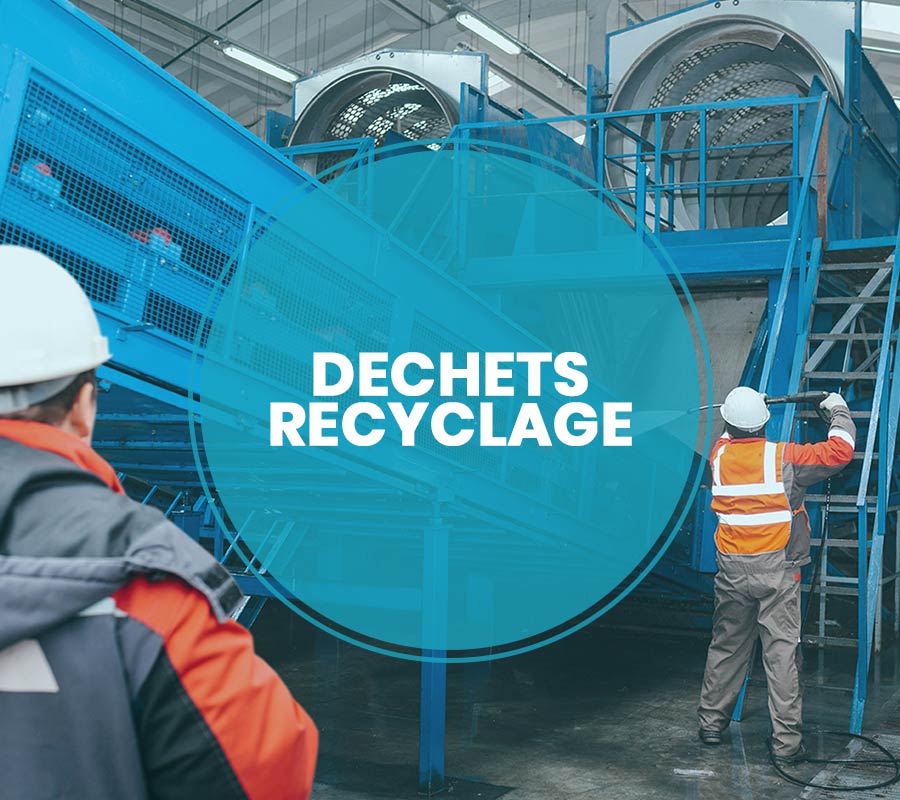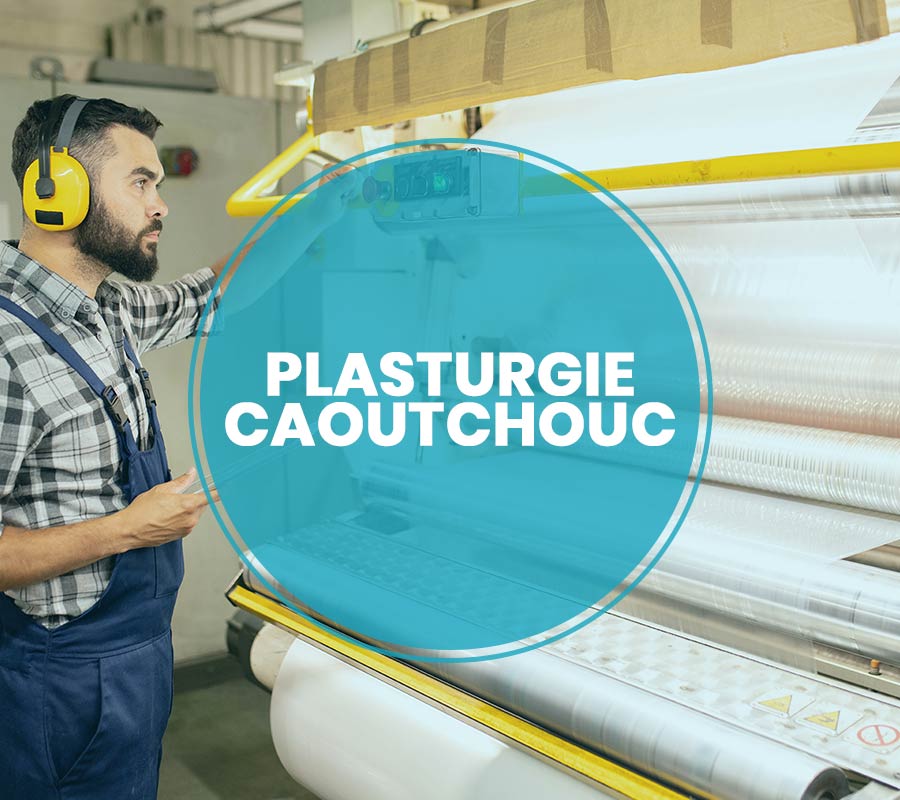Dust extraction, filtration and cleaning of production areas in the plastics industry and in the rubber and tire industry
The prevention of risks related to exposure has become a reality in the industry, particularly in the plastics manufacturing industry.
The dust and chemicals which are released into the air on plastic production lines or in the field of rubber processing and pneumatic industry can cause serious occupational diseases.

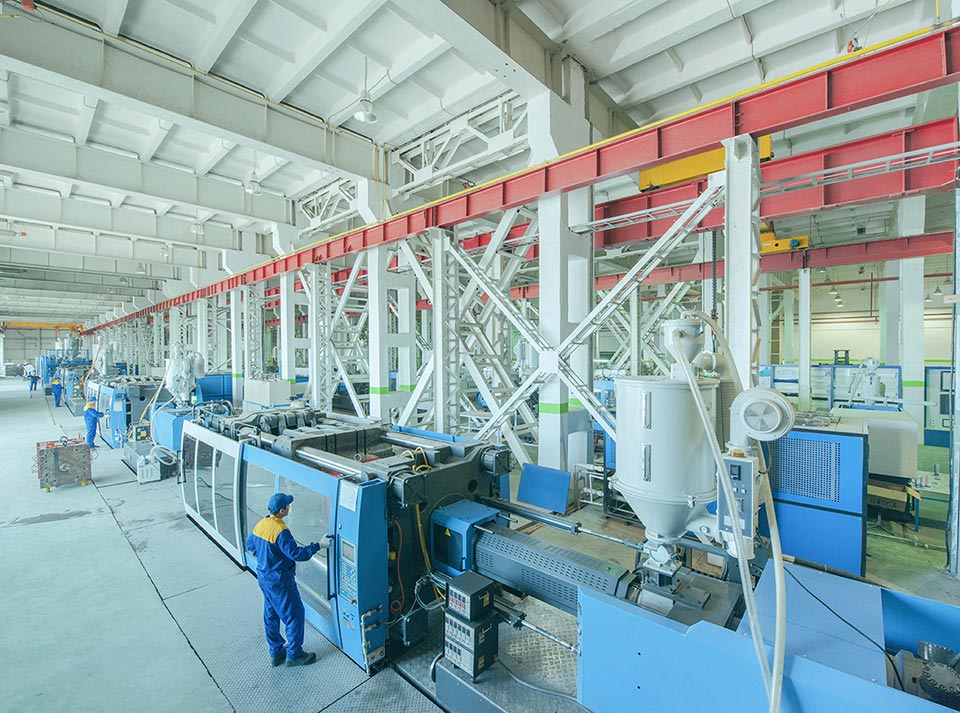
Our expertise
Handling equipment (unloading, handling, transfer, storage, etc.), and in particular processing equipment (crusher, extruder, injection press, mixer, oven, etc.), generate pathogenic dust and fumes that can cause respiratory problems for operators, or even serious complications.
Suction of contaminants on these various processes, but also the cleaning of production areas (cleaning floors and machinery), improves the working conditions of operators.
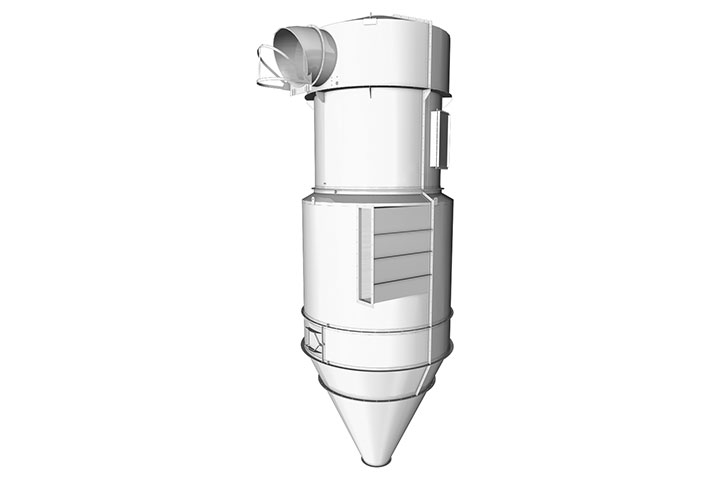
A wide range of dust extraction equipment
To address all of the problems faced by companies in the plastics, rubber and pneumatic industries, CATTINAIR designs and offers a wide range of industrial dust extraction equipment, such as Cyclofilters, which complies with the ATEX Directive.
These dust extractors are installed to ensure continuous suction on production equipment, but they are also used to filter air from centralised cleaning installations (extraction unit).
Expert in "turnkey" engineering
The installation of industrial dust extraction systems, or sometimes ventilation systems, is the best way to address air quality issues within plastics, rubber and pneumatic sectors. After a personalised and in-depth process study, our project managers develop specific, ergonomic dust extraction systems that capture contaminants at source: harmful particles VOCs, mineral and chemical dust, oil mist, aerosols, etc.
For all mineral and chemical dust that has accumulated in and around the production tool. Our centralised vacuum extraction solutions capture the contaminants by means of cleaning accessories (suction attachments, brushes, pipes, etc.) connected to vacuum extraction hoses and outlets. The extraction points are installed directly in the workshop to enable the thorough cleaning of production areas and keep the industrial environment clean.
General ventilation systems can be used in addition to an extraction at source system and can remove any residual contaminants from a production area.
A comprehensive offer
Commissioning of installations by our project managers who helped design the installation.
Monitoring of proper functioning and measurement of air speeds and pressure losses of each machine and at different points of the suction collectors, motor intensities, as well as sound levels which are included in the technical file and certify compliance with the regulations.
Our Service Department offers original spare parts, upgrading and preventive maintenance contracts.
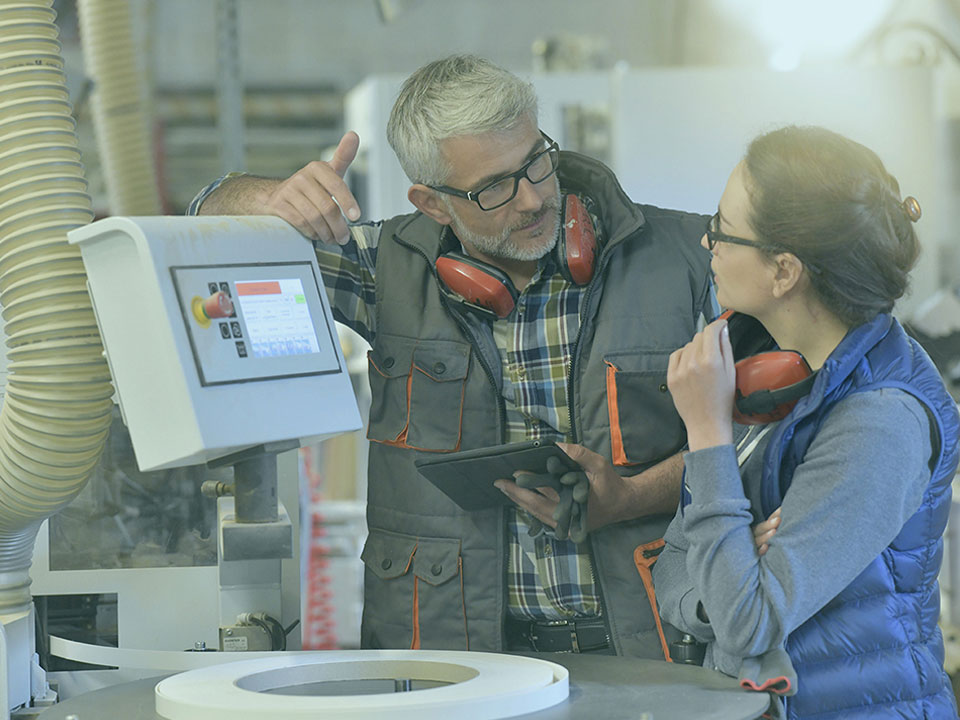
Our references
Polystyrene insulating panels
Application:
insulating panels
Equipment installed:
Cyclofilter 4X10, 6 fanset 1 silo (630m3)
Airlofw rate:
105,000 m3/h
Benefits for the customer:
suction required for the process and for the recycling of materials
Are you an installer/fitter?
Regulations
Chemical products (in particular solvents) or dust of mineral origin (silica, asbestos, iron, zinc, cobalt, tin, etc.) provide numerous and varied routes of exposure in the workplace. This dust may come directly from the raw materials used (in powder form in particular) and are released during their production, transportation storage or implementation (extraction, crushing of mineral ores, flour production, manufacture and use of plastic materials, etc.).
They are also produced during the processing of finished or semi-finished products (metal machining, sawing, sanding, grinding of wood or synthetic materials, waster grinding…) or during demolition or cleaning operations. The occupational exposure limits apply to all forms of dust (marble, dust, etc.). Article R. 4222-10 of the French Labour Code.
8-hour time-weighted average
- total dust = 10 mg/m3 of air
- respirable dust = 5 mg/m3 of air
Dust and chemical products can cause explosions. Solutions are available that reduce this risk and which must comply with the ATEX Directive.
More information available in our Regulations section.




